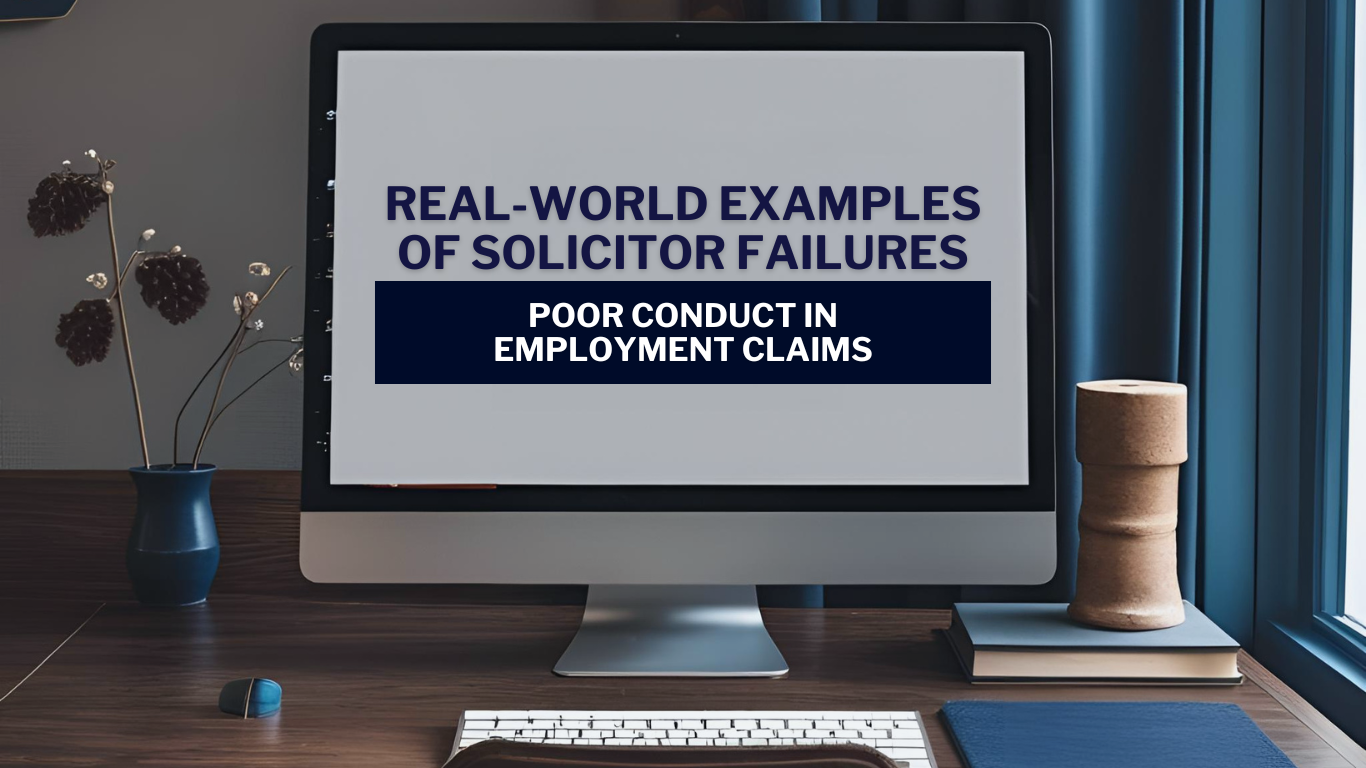By Nagesh Jain
•
min read


Obtaining a UK sponsor licence allows businesses to hire skilled workers from outside the UK.
Here’s a concise guide to help you understand the process:
1. Eligibility Requirements
Business Legitimacy: Your company must be a legitimate and operational business in the UK.
Appropriate Systems: You need to have appropriate HR systems in place to monitor sponsored employees.
Key Personnel: Appoint people to manage sponsorship duties, including roles like an Authorising Officer, Key Contact, and Level 1 User.
2. Types of Licences
Worker Licence: For long-term employment, including:
Temporary Worker Licence: For short-term or temporary roles, including:
3. Application Process
Online Application: Submit your application through the UK Visas and Immigration (UKVI) website.
Documentation: Provide necessary documents to prove your business is genuine, like bank statements, VAT registration, and proof of premises.
Fee: Pay the application fee, which varies based on the size and type of your business.
4. Compliance Obligations
Record Keeping: Maintain accurate records of your sponsored workers, including contact details and right-to-work checks.
Monitoring: Track and report changes in your sponsored workers' circumstances to UKVI.
Reporting Duties: Notify UKVI of any significant changes such as changes in your business structure or if a worker is not complying with their visa conditions.
Complying with immigration laws and all parts of the Worker and Temporary Worker sponsorship guidance – sponsors must comply with UK immigration laws and all parts of the Worker and Temporary Worker sponsor guidance;
Complying with wider UK law – sponsor licence holders have a duty to comply with wider UK law (other than immigration law);
Not engaging in behaviour or actions that are not conducive to the public good – all sponsors have a responsibility to behave in a manner that is consistent with fundamental values and not detrimental to the wider public good.
5. Post-Licence Maintenance
Renewal: Sponsor licences are valid for 10 years; ensure timely renewal.
If you have a licence to sponsor Scale-up Workers or UK Expansion Workers, it will be valid for 4 years. You will not be able to apply for another licence to sponsor these types of workers.
Audits: Be prepared for compliance audits by UKVI to ensure ongoing adherence to sponsorship duties.
6. Common Challenges
Home Office Audits: Be prepared for visits that assess compliance with UKVI standards.
Document Accuracy: Ensure all documents are accurate and up-to-date to avoid application refusals.
7. Support and Resources
Legal Advice: Consider consulting with immigration specialists to ensure compliance.
UKVI Guidance: Regularly review UKVI guidance updates to stay informed about changes in immigration law.
By following these steps and maintaining compliance, your business can successfully obtain and manage a UK sponsor licence.
If you would like legal advice on Immigration or further information on any or the above, please contact Nagesh below.
Get in touch